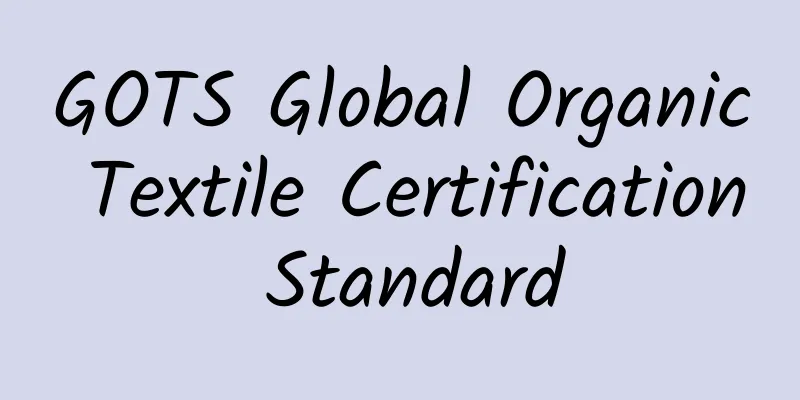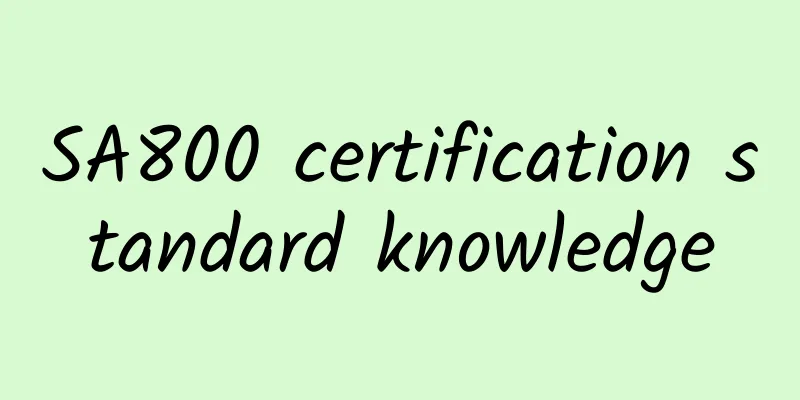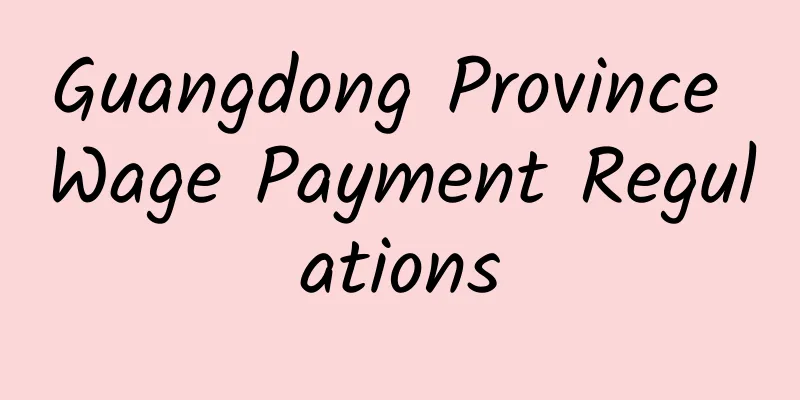GOTS Global Organic Textile Certification Standard

|
What is the content of GOTS global organic textile certification standard ? What is GOTS global organic textile certification standard? The global organic textile certification standard, referred to as GOTS, is the result of the harmonious development of senior standard certification agencies and high technology. So, what is the specific content of GOTS global organic textile certification standard? The purpose of the GOTS Global Organic Textile Certification Standard is to ensure that organic textiles are standardized from the harvesting of raw materials, through environmentally friendly and corporate socially responsible production, to the final product packaging and labeling, to ensure that the final consumer can get a reliable product. This new and unique certification standard requires textile manufacturers to regulate the production of their organic textiles and clothing according to globally recognized standards, which is an important measure to achieve the coordination and transparency of textile labels. GOTS Global Organic Textile Certification Standard covers the entire process of natural fiber planting, processing, labeling, packaging, import, export, distribution, etc. The final products include, but are not limited to, fibers, fiber products, yarns, and clothing. Main factors of GOTS Global Organic Textile Certification Standard: First, these fibers are natural and grown organically based on European standard EEC-2092/91 and US organic cultivation USDA/NOP. Second, consider the complete production process. In order to maximize environmental benefits, this means that each processing process must meet the corresponding standards, which have been described in the GOTS organic textile certification standards, covering every step of spinning, weaving, washing, etc. Two labeling systems, indicating the two levels of "organic" and "organic manufacturing". All inputs must meet the following basic requirements in terms of toxicity and biodegradability: no toxic heavy metals, no formaldehyde, and must be non-GMO products. They must meet the environmental requirements and social standards that must be met in the manufacturing industry (based on the main standards of the International Labor Organization). And they must reach an agreement with the International Federation of Organic Agriculture Movements, that is, they must pass a double system of testing: on-site inspection and pesticide residue testing. The International Organic Textile Certification Working Group has always been adhering to the belief that only high quality standards can improve the social and environmental conditions in textile manufacturing. Final products produced and manufactured according to the current global organic textile certification standards can also be labeled with the "Global Organic Textile Standard" label in addition to the two label levels of "organic"/"organic conversion" (95% or more of the fiber must come from organic certification and there is no mixed fiber), "made from x% organic materials"/"made from x% organic conversion materials" (must contain 70% or more of organic certified fibers and no mixed fibers). Related information: >>> The latest "Implementation Rules for Organic Product Certification" GOTS Global Organic Textile Certification Standard is a globally recognized certification standard, and many companies have passed the inspection and certification of approved GOTS certification bodies. Partnerships with some large textile processing and manufacturing groups such as Wal-Mart are an important factor in attracting more certified customers. Regarding product quality certification, GOTS provides a continuous quality control and certification system from the harvest site to the final shelf. The above content is a detailed explanation of the GOTS global organic textile certification standards and related concepts. If you have any questions about this content or want to know more, you can click on the online consultation to learn more about it with our factory inspection customer service, or you can have a one-to-one detailed communication with our seat experts by phone. We guarantee to provide you with first-class service and the most comprehensive factory inspection information. If you have any questions about the factory inspection, please consult us now! |
<<: The consequences of failing Macy's factory inspection three times
>>: GOTS Global Organic Textile Standard Certification Basic Requirements
Recommend
When is the best time to list on eBay US? How much does it cost to open a store on eBay US?
When is the best time to list on eBay US? eBay in...
LemonStand--"Optimize your e-commerce website"
What is LemonStand? LemonStand is an e-commerce p...
HM factory audit procedures
HM factory audit procedures Page 1 of 1 Hallmark ...
VAT cross-border finance and taxation: How to register a German VAT account?
Why do we need to apply for VAT? According to the...
How about Haofang Group? What businesses does Haofang Group have?
How about Haofang Group? Founded in 2006, Haofang...
Carbon Science | Why do companies need to undergo carbon footprint certification?
Global warming is a common challenge for all mank...
Indian fashion retail brand Clovia completes $10 million Series C financing
On January 28, Economic Times reported that Clovi...
To protect forests, start by understanding FSC forest certification!
Forest certification, also known as timber certif...
What is WordPress? What are the advantages and disadvantages of WordPress?
What is WordPress? WordPress is a blogging platfo...
What information is needed to register in Lazada? How to register in Lazada?
What information is needed to register on Lazada?...
Ann Taylor_Anti-terrorism factory inspection role
Ann Taylor_Anti-terrorism factory inspection role ...
How is Haohang Yuntong International Freight Forwarding? What services does Haohang Yuntong International Freight Forwarding provide?
How about Haohang Yuntong International Freight F...
FSC forest certification site information
FSC forest certification has become the standard ...
How to apply for a refund if I cannot receive the goods after payment from eBay?
When shopping on eBay, if you pay but don't r...
All BSCI members who need factory inspection (Part 2)
Dykon A/S factory inspection consultation/certifi...









